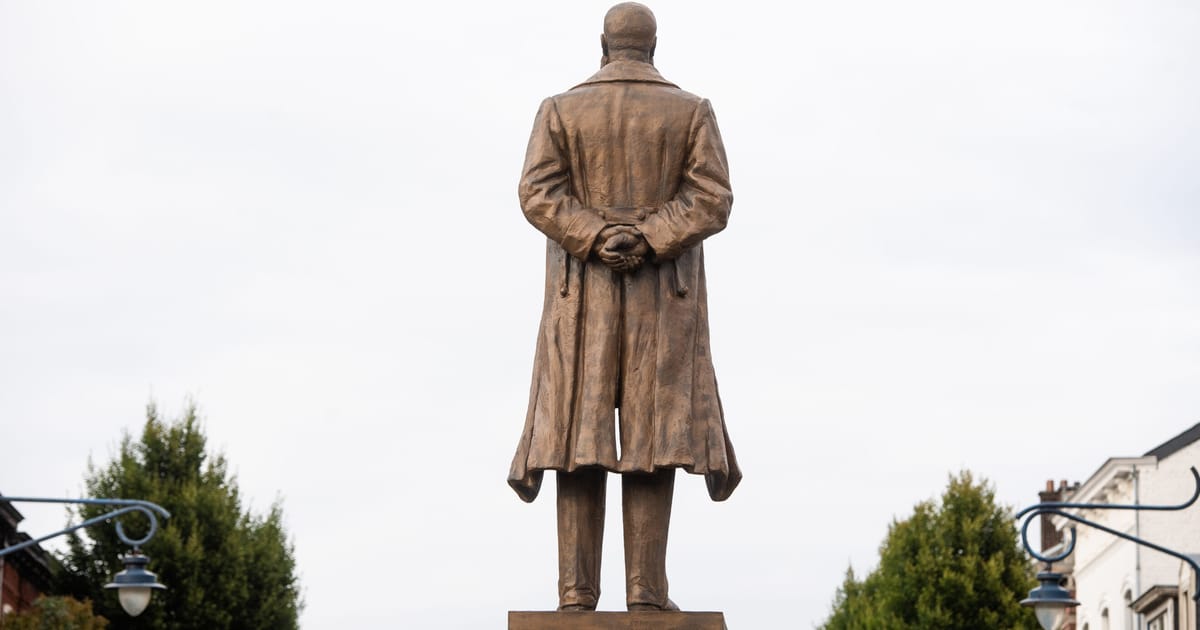By failing to publish a report on the nation’s colonial history, Belgium signals it is not yet ready to shake off its past.
Belgium’s attempts to confront its brutal colonial past keep running into problems.
After two years of work by a parliamentary commission, a report was drawn up earlier this year, along with political recommendations on the next steps the country should take. But the full report, as well as its recommendations, has not been released to the public.
The point of contention? Apologizing to the former colonies, including the modern-day Democratic Republic of the Congo, Burundi and Rwanda.
It comes against a backdrop of a looming national election, and attempts to foster awareness of and contextualize — but not remove — the numerous colonial monuments still found all across Brussels and elsewhere.
This is the best summary I could come up with:
In the latest example of this effort, the authorities this month unveiled an art installation that aims to contextualize the colonial monument in Brussels’ Parc du Cinquantenaire glorifying Belgian colonizers who conquered Congo.
The parliamentary commission came into existence in June 2020 in the wake of the Black Lives Matter protests and was expected to come up with recommendations on how Belgium should best deal with the legacy of colonialism as well as racism and discrimination in the country.
Belgium’s King Philippe broke the royal family’s silence on the subject in 2020 when he expressed “profound regret” for the wounds of the colonial past and the “acts of violence and cruelty” committed under Belgian occupation on the 60th anniversary of Congo’s independence.
Geneviève Kaninda, coordinator of Collectif Mémoire Coloniale et Lutte contre les Discriminations, a movement aiming to decolonize society, said publishing the report was a question of decency.
It does not, however, imply any legal liability, and therefore cannot give rise to any financial reparation.”Other recommendations — there are 128 in total — include the establishment of a Remembrance Day, the creation of a knowledge center, and facilitating easier visa procedures for scholars in Burundi, the Democratic Republic of the Congo, and Rwanda.
So there was skepticism from the beginning about the process.”Nyanchama Okemwa, chair of the European Network Against Racism (ENAR), who has been living in Belgium for 30 years, was also dubious about the idea from the start.
The original article contains 1,207 words, the summary contains 238 words. Saved 80%. I’m a bot and I’m open source!



